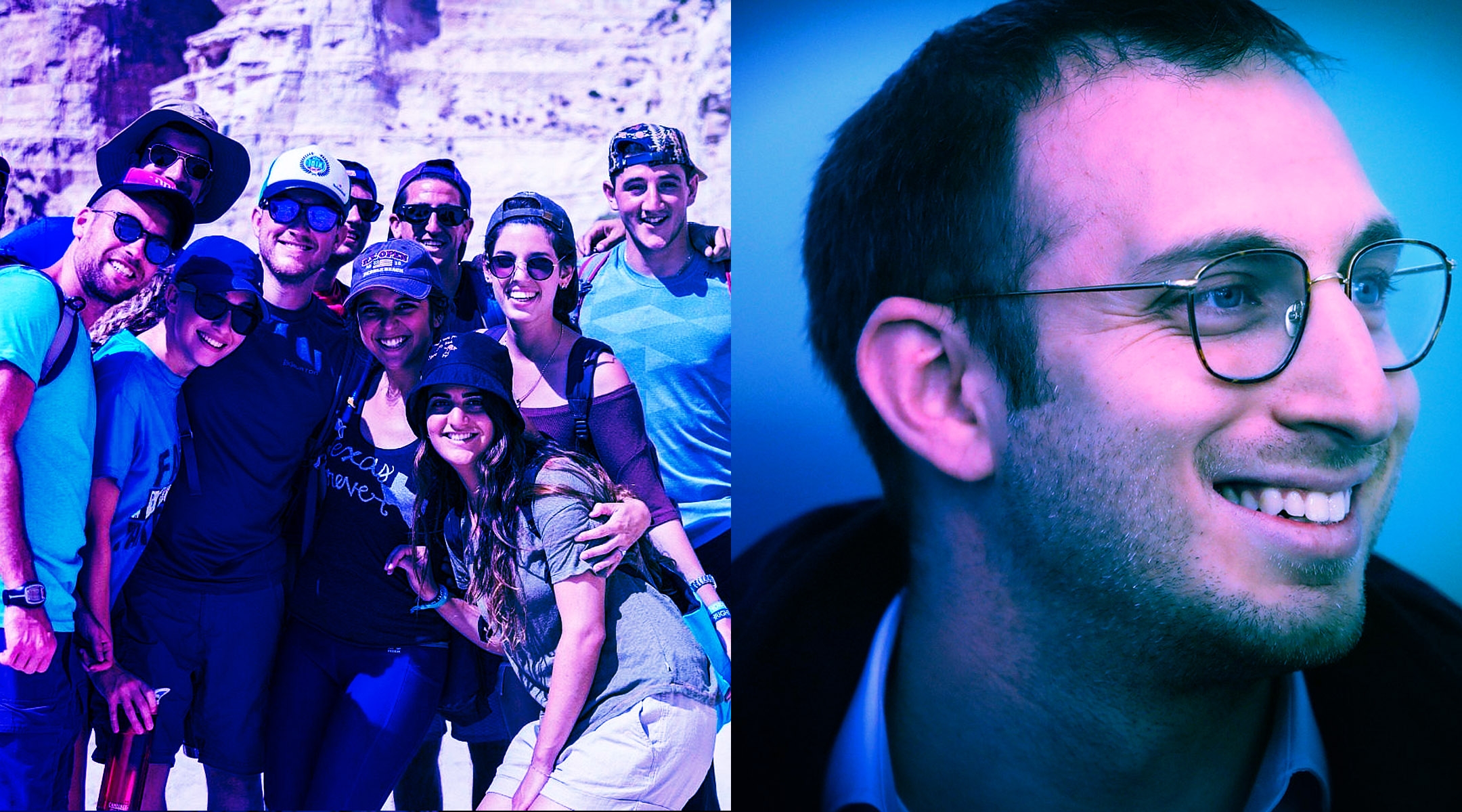JERUSALEM (JTA) — Countless studies have shown that youth groups, summer camp and teen trips to Israel play a vital role in helping teens strengthen their Jewish identities, build their Jewish knowledge, forge connections with Jewish peers and develop a lasting relationship with the Jewish people and Israel. These things take place at a formative time in a child’s development — and at a life stage when Jewish engagement can be declining.
Forced isolation due to the coronavirus is strangling much of this activity. The scary fact is that fewer young people will be traveling to Israel, going to camp or engaging in communal experiences this year than ever before in our lifetime. While these encounters are critically important, maybe this is a sign that we’ve staked too much on one-off experiences that take teens out of their communities.
Having the privilege of working in an organization that is strengthening Jewish identity for teens around the world, we are thinking about how we can use this time to lay the groundwork for more Jewish teens to have meaningful experiences in their local communities, immerse through summer camps and travel to Israel as adolescents – all connected through a holistic framework.
Now is the time to leverage our collective financial resources, expertise and wisdom. Single, one-off and standalone experiences have tremendous value, but we can no longer treat them as isolated experiences – they must serve as catalysts for much more.
For example, teen travel to Israel cannot be thought of only as a multi-week experience. Rather it should be a year-plus journey, with programming and education leading up to and following the meaningful time spent there.
That’s what we did in Australia. We increased participation in our Israel study tour by 500% — yet we also created more programming before and after those trips and encouraged other opportunities, extending the lifespan of these transformative experiences. This approach also blunts the impact of interruptions to travel of the sort the world is experiencing right now.
Not all of the Jewish world is set up this way. There are so many organizations expert in specific areas and niche opportunities, but we could coordinate our work better to create a continuum around teen experiences in more places.
Any endeavor must fit into a larger context that includes local activities, summer camp, an Israel trip, service-learning opportunities, campus activities, young adult programming and more. There must be seamless connections before, during and after each opportunity, viewing these experiences not only as an end in and of themselves but also a steppingstone to the next.
It won’t be easy. Organizations that have specialized in particular areas are not necessarily oriented or properly resourced to take on the wraparound education that should take place before and after each experience. And guiding and encouraging young people to take the next step that appeals to them in their Jewish journeys has never been the responsibility of anyone. Now is the time for it to become the responsibility of everyone.
Educators and Jewish professionals the world over should use this time to work through these challenges. The finances alone make the case: As the economic impact of the crisis grows, resources will become even more scarce if action is not taken.
The data will show in the years to come how the pandemic has affected access to important parts of a Jewish young person’s life and the resulting consequences in knowledge, passion and connection. But we don’t have to wait until studies are conducted to weave a deeper, broader, stronger tapestry of experiences for young Jews — one that can withstand any surprise that the world throws our way.
This piece is a part of our series of Visions for the Post-Pandemic Jewish Future — click here to read the other stories in this series. Use #JewishFuture to share your own ideas on social media. If you’d like to submit an essay for consideration, email opinion@jta.org with “Visions Project Submission” in the subject line.
JTA has documented Jewish history in real-time for over a century. Keep our journalism strong by joining us in supporting independent, award-winning reporting.






